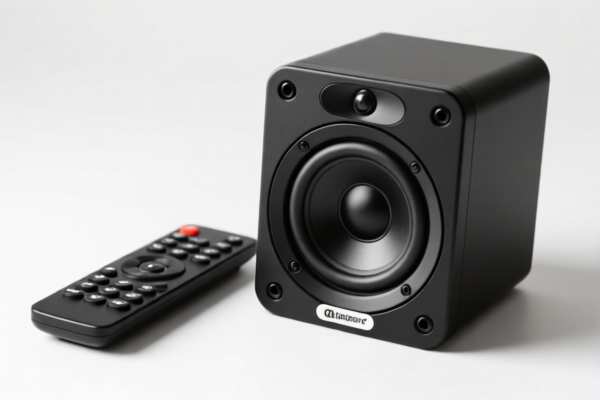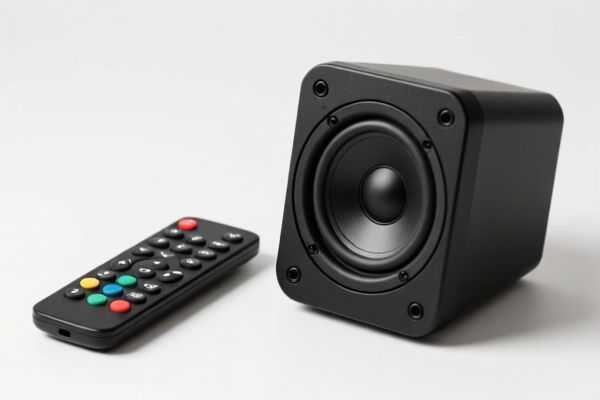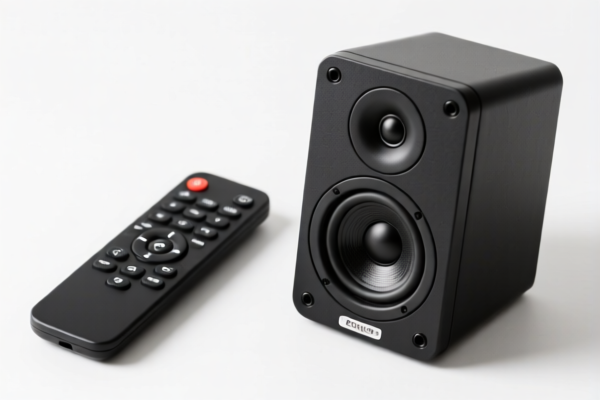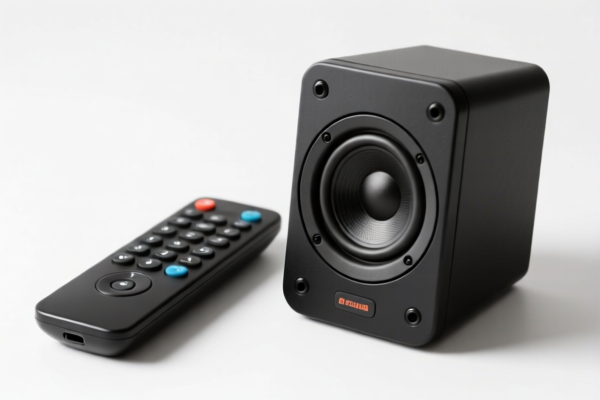| HS Code | Official Doc | Tariff Rate | Origin | Destination | Effective Date |
|---|---|---|---|---|---|
| 8518200000 | Doc | Error | CN | US | 2025-05-12 |
| 3926909989 | Doc | 42.8% | CN | US | 2025-05-12 |
| 8306100000 | Doc | 35.8% | CN | US | 2025-05-12 |




Okay, let's break down the HS codes and potential import considerations for your "REMOTE SPEAKER" declaration. Based on the information provided, it seems your speaker components are being classified under three different HS codes. Here's a detailed analysis:
1. HS Code: 8518.20.00.00 – Loudspeakers, whether or not mounted in their enclosures: Single loudspeakers, mounted in their enclosures
- Breakdown:
- 85: Electrical machinery and equipment and parts thereof; sound recording or reproducing apparatus, television-image multiplier tubes and parts thereof. This chapter broadly covers electronic devices.
- 18: Sound recording or reproducing apparatus, television-image multiplier tubes and parts thereof. This narrows it down to audio equipment.
- 20: Loudspeakers, whether or not mounted in their enclosures. This specifically identifies loudspeakers.
- 00.00: Further specifies single loudspeakers, mounted in enclosures.
- Implication: This HS code is likely for the core audio output component of your remote speaker – the actual speaker itself.
- Tax: Currently, tax information retrieval failed. However, it's crucial to confirm the exact tax rate with the latest customs regulations.
2. HS Code: 3926.90.99.89 – Other articles of plastics and articles of other materials of headings 3901 to 3914: Other: Other Other
- Breakdown:
- 39: Plastics and articles thereof. This chapter covers items made of plastic.
- 26: Other articles of plastics and articles of other materials of headings 3901 to 3914. This covers a wide range of plastic products.
- 90: Other. This indicates a more specific plastic item not covered elsewhere.
- 99.89: Further specifies "Other Other," suggesting a very general plastic component.
- Implication: This HS code likely applies to plastic parts of the remote speaker – the housing, buttons, or other non-electronic plastic components.
- Tax:
- Current Tax: Basic Duty: 5.3%, Additional Tariff: 7.5%. Total: 42.8%
- Important Note: An additional tariff of 30% will be applied after April 2, 2025. Factor this into your cost calculations if importing after this date.
3. HS Code: 8306.10.00.00 – Bells, gongs and the like, nonelectric, of base metal; statuettes and other ornaments, of base metal; photograph, picture or similar frames, of base metal; mirrors of base metal; and base metal parts thereof: Bells, gongs and the like, and parts thereof
- Breakdown:
- 83: Miscellaneous articles of base metal. This chapter covers a wide range of metal items.
- 06: Miscellaneous articles of base metal.
- 10: Bells, gongs and the like, nonelectric, of base metal; statuettes and other ornaments, of base metal; photograph, picture or similar frames, of base metal; mirrors of base metal; and base metal parts thereof.
- 00.00: Further specifies bells, gongs and the like, and parts thereof.
- Implication: This HS code seems unusual for a remote speaker. It might apply to a small metal component like a chime or a decorative metal part, but it's worth double-checking if this is the correct classification.
- Tax:
- Current Tax: Basic Duty: 5.8%, Additional Tariff: 0.0%. Total: 35.8%
- Important Note: An additional tariff of 30% will be applied after April 2, 2025.
Recommendations & Key Considerations:
- Material Verification: Carefully review the materials used in each component of your remote speaker. The HS code for plastic parts (3926.90.99.89) is very broad. If the plastic is a specific type (e.g., ABS, Polycarbonate), there might be a more accurate HS code.
- Component Breakdown: Ensure each component is classified under the most accurate HS code. Misclassification can lead to delays, fines, and unexpected duties.
- Single vs. Combined: If the speaker has integrated electronics (e.g., a built-in amplifier), it might fall under a different HS code than a passive speaker.
- Certification: Depending on the features of your remote speaker (e.g., Bluetooth, Wi-Fi), you might need certifications like CE, FCC, or RoHS. Check the import requirements for your destination country.
- April 2, 2025 Tariff: Be aware of the upcoming tariff changes on April 2, 2025, and factor them into your cost calculations.
- Official Ruling: For complex cases, consider obtaining an official HS code ruling from your country's customs authority. This provides certainty and avoids potential disputes.
- Invoice Detail: Ensure your commercial invoice clearly lists each component and its corresponding HS code.
Disclaimer: I am an AI assistant and cannot provide definitive customs advice. This information is for general guidance only. Always consult with a qualified customs broker or import specialist for accurate and up-to-date regulations.
Customer Reviews
No reviews yet.